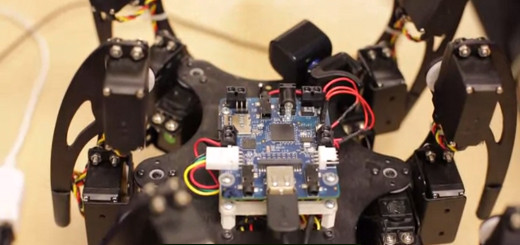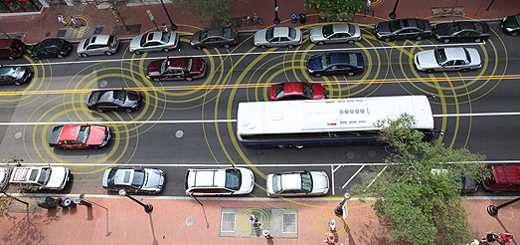AUVSI president reacts to Amazon’s UAS delivery service
Last night on “60 Minutes,” Amazon founder Jeff Bezos shared his vision for a future where unmanned octocopters deliver the company’s packages — a notion he admitted “looks like science fiction” but which he said could be a reality in as little as four or five years.
That bold prediction caught the attention of both the public and the robotics/unmanned vehicles community, including Michael Toscano, president and CEO of the Association for Unmanned Vehicle Systems International.
In a statement, Toscano said the news highlights the transformative nature of unmanned aircraft systems as well as the regulatory steps required to make a plan like Amazon’s legal. You can read his entire statement below:
“Amazon’s plans to launch a ‘Prime Air’ delivery system demonstrate the promise of unmanned aircraft systems. It underscores how this innovative technology will transform the way industries operate and the importance of keeping UAS integration on track. Whether it is improving agriculture output, helping first responders, advancing scientific research, or making business more efficient, UAS are capable of saving time, saving money and most importantly, saving lives.
“While Amazon demonstrated that deliveries via UAS are technically feasible, the commercial use of UAS is currently prohibited in the United States. The FAA, however, is currently working to establish rules for commercial use. Even Amazon has acknowledged the regulatory framework needs to be in place before it can launch its service, and this is going to take until at least 2015. Like many other companies and industries, Amazon is testing UAS now so that it can be ready to recognize the benefits of the technology once UAS are fully integrated into the U.S. airspace in the coming years.
“The wider use of UAS will have a huge economic impact in the U.S. for both the public and commercial sectors. Our economic study released earlier this year found that the UAS industry will have an $82 billion economic impact and create more than 100,000 jobs in the first decade after integration.”



